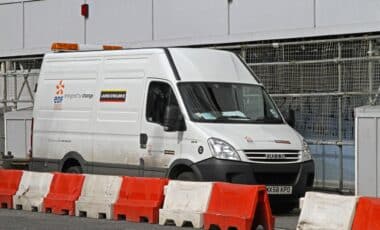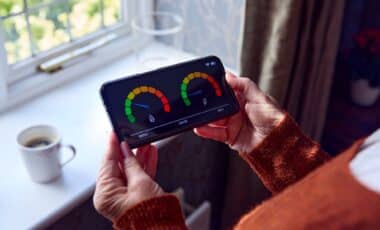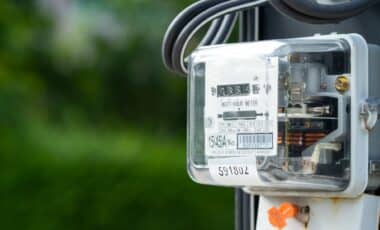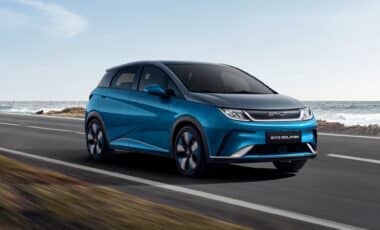As energy prices continue to climb, drivers charging electric vehicles (EVs) at home are set to face a £16 charge increase starting April 2025. The rise is due to the 6.4% increase in the energy price cap, announced by Ofgem, which will lead to a significant hike in the cost of charging EVs at home.
According to Carmoola, the average cost to fully charge a 60kWh battery at home is currently £14.91, but this is expected to rise by £1.30, making it £16.21 per charge. With more EVs hitting UK roads ahead of the 2030 ban on petrol and diesel car sales, the increased energy costs are becoming a growing concern for drivers.
Why the Increase in Charging Costs?
As reported by Birmingham Live, the rise in energy prices comes after Ofgem’s latest price cap adjustment. Aidan Rushby, founder and CEO of Carmoola, explained that the energy price increase will directly affect EV drivers across the UK, with more people expected to experience higher monthly bills. He said:
“Ofgem’s price cap adjustments affect households across the UK, and while warmer months are ahead and that will help with the costs of heating and lighting homes, rising energy costs will continue to drive up monthly bills for electric vehicle (EV) owners.”
This 6.4% rise in the cap will result in significant increases for EV owners who rely on home charging. With more electric vehicles entering the market, drivers will likely see this cost rise even further, especially as the 2030 ban on petrol and diesel cars approaches. Rushby added:
“With Ofgem announcing a 6.4% increase in the next price cap, EV drivers nationwide can expect a significant rise in their energy bills.”
What Can EV Owners Do to Save?
Rushby suggested that to help reduce the costs of charging, EV drivers should charge their vehicles during off-peak hours. He recommended checking if energy providers offer off-peak tariffs, which could lower the cost of charging by allowing drivers to take advantage of cheaper electricity rates during certain hours.
Rushby also highlighted the importance of charging at home as a way to save money, noting that public charging stations are often more expensive than home charging. He said:
“To save money, we’d suggest that EV drivers aim to charge their cars at home whenever possible and explore whether their energy providers offer off-peak tariffs to help reduce charging costs by topping up at these cheaper times.”
The Bigger Picture: Soaring Energy Costs
The price increase is part of a larger trend, with energy prices soaring due to factors such as the ongoing global energy crisis and the Ukraine war. As gas prices remain high, many households and businesses are facing significant financial pressure. The End Fuel Poverty Coalition has calculated that the average annual bill in Great Britain is set to be £750 higher than in the pre-pandemic winter of 2020-2021, a 75% increase in costs.
While rising energy costs are impacting everyone, EV owners will need to adjust their charging habits and budgets as electric vehicle adoption increases and demand for energy continues to grow. As green technologies become more widespread, it’s crucial for drivers to stay informed about energy pricing changes and take steps to manage the costs of running their electric vehicles.









